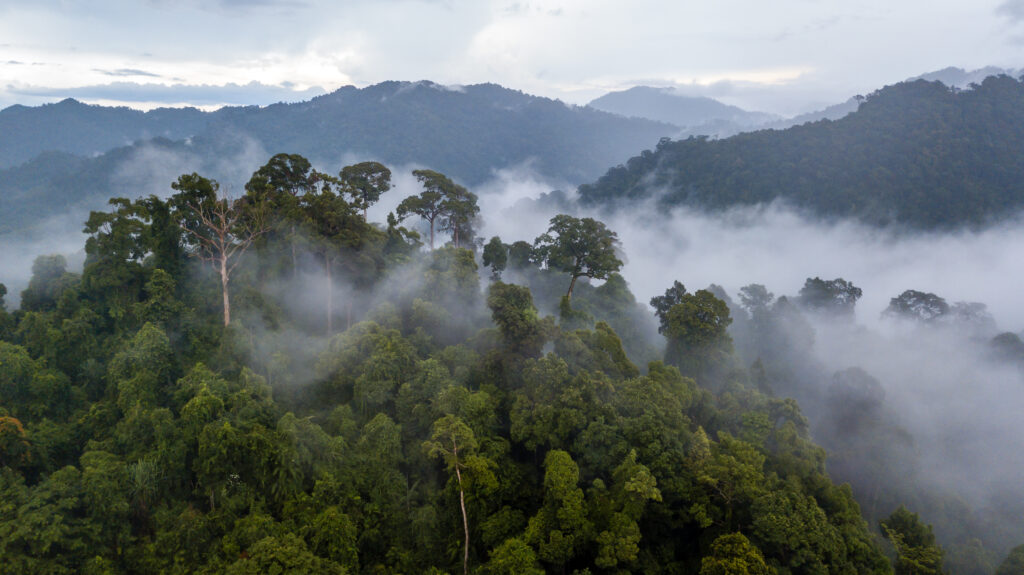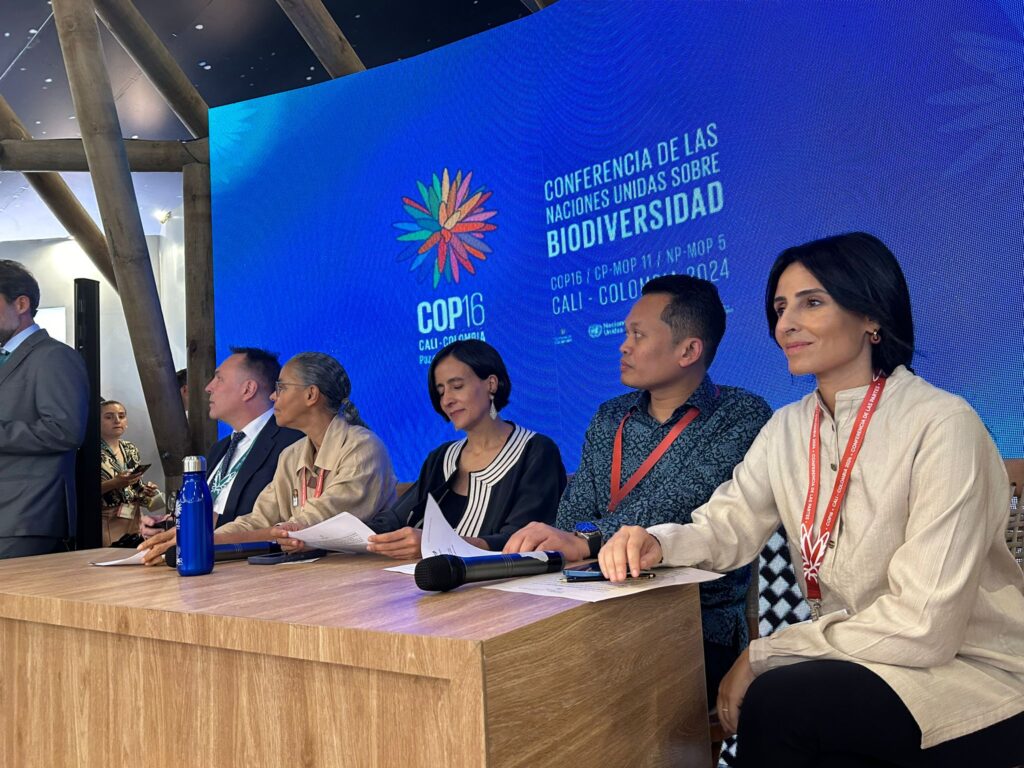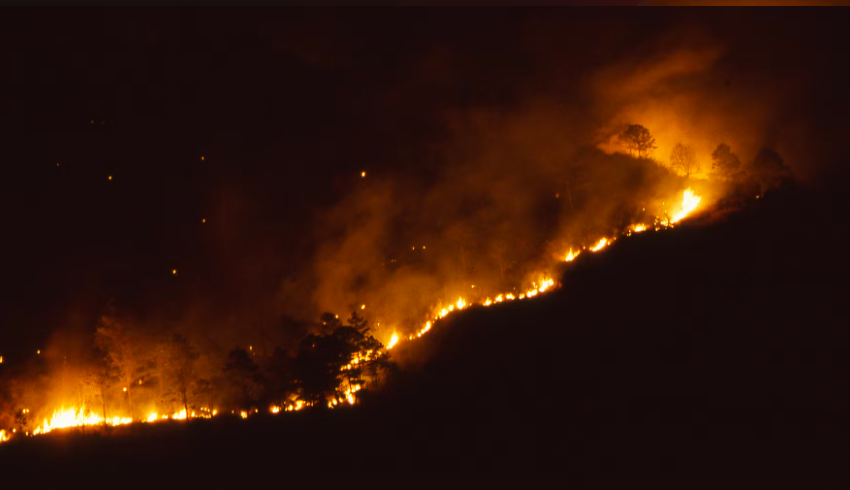
Forests of the World’s Practices on the School Curriculum in Uganda
Forests of the World collaborates with local organizations, authorities, and communities in western Uganda, focusing particularly on training and education in establishing agroforestry systems around forests. Agroforestry is an effective tool against deforestation and a vital component in preserving the country’s scenic forests.
Forests of the World, in collaboration with its Ugandan partner Joint Effort to Save the Environment (JESE), has developed a curriculum focusing on sustainable practices in and around forests. These courses are part of the Green Entrepreneurship initiative, which aims to create green job opportunities in Uganda while protecting nature. Portions of the curriculum have already been integrated into several vocational training schools in Uganda, and the teaching materials are being digitized to make the knowledge even more accessible. The ultimate goal is to incorporate the entire curriculum into Uganda’s national education system.
In an effort to scale up this knowledge, the curriculum has been designed for use in Ugandan classrooms. It includes various courses, such as sustainable production of coffee, cocoa, and vanilla.
The curriculum development is part of the Green Entrepreneurship project, which builds upon Forests of the World’s existing collaboration with JESE in the elephant corridor linking the Itwara and Matiri Forest Reserves to Kibale National Park in western Uganda. Several vocational schools in Uganda have already adopted these practices, which excites Kristian Lybæk, Forests of the World’s East Africa Coordinator:
”It’s fantastic to see how Ugandans embrace our initiatives. Corruption, lack of landscape planning, population growth, and conventional farming all put immense pressure on nature. That’s why it’s crucial we support Ugandans in gaining the knowledge and resources they need to create sustainable livelihoods that preserve their unique natural environment.”

Digitizing the Teaching Materials
To make the curriculum even more accessible, courses are being digitized into online teaching materials. These resources are also being translated into various local languages. The online courses include videos, animations, and illustrations covering topics such as establishing small nurseries, vanilla pollination, and cocoa harvesting. They are tailored to farmers, including those who are illiterate.
The digital approach is intended to make it easier for more educational institutions to adopt these methods, thereby contributing to nature conservation and the promotion of green livelihoods. The long-term goal is to integrate the curriculum into Uganda’s national education system under the Directorate of Industrial Training (DIT).
Here is an example of an online video demonstrating cocoa harvesting:
Agroforestry: Protecting Forests and Creating Livelihoods
A significant portion of the curriculum focuses on agroforestry, a highly effective method for conserving and protecting forests. By improving farmers’ livelihoods and providing resources such as firewood, agroforestry reduces the pressure on natural forests.
Forests of the World supports smallholder farmers in establishing agroforestry systems, which provide food, generate income, and protect forests—contributing positively to addressing climate and biodiversity crises.
Nyabyeya Forestry College is one institution that has embraced these ideas, integrating the curriculum into their four-year agroforestry program. This has significantly changed their teaching approach, as Kristian Lybæk explains:
”Our approach is more hands-on, giving students more opportunities to practice techniques in the field. Additionally, we’ve introduced shorter courses that allow students to earn diplomas in specific areas, such as vanilla pollination. This has already helped several young people secure jobs.”
If you wish to explore the concept of agroforestry and learn more about Forests of the World’s approach, you can become a member. Our upcoming issue of Skov & Folk magazine will focus specifically on the topic of agroforestry, and as a member, you’ll receive the magazine directly at your address. Become a member here.
Press Contact
Jonas Schmidt Hansen
Who is Forests of the World?
We work to preserve the world’s forests, both in Denmark and the world’s tropical forests.Our focus areas include sustainability, Indigenous Peoples and local engagement.



